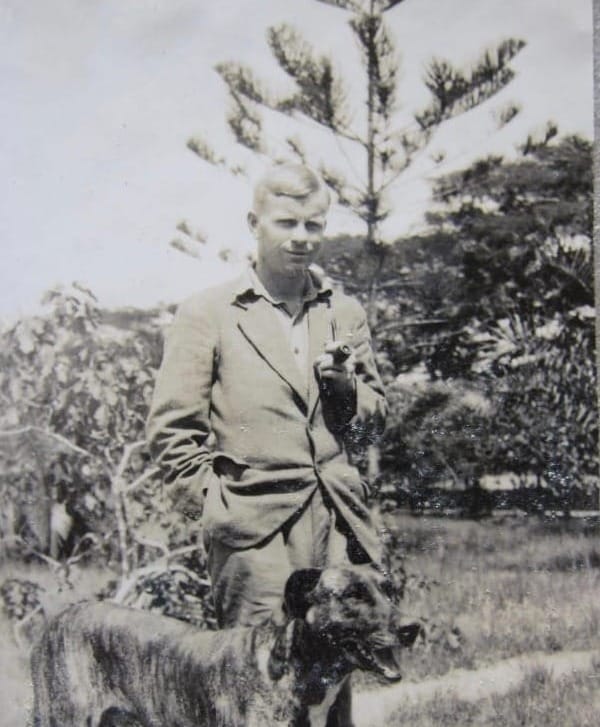A Fast Cash Crop
One day, at Brown's hotel bar, Edgar heard about Vumba's delicious garden strawberries which had originally been brought over by American missionaries. On the long, steep tortuous drive home from Umtali he mused, if they were so delicious, why not grow them as a crop?

Strawberries would give a fast return to supplement the egg trade while he waited for his fruit trees to mature. Another trip to the bar connected him with the manager of Umtali’s jam factory who boasted he had years of experience with Crosse and Blackwell. He claimed he could handle half a ton of berries. All Edgar had to do was deliver.
In due course, Edgar made an agreement with the headmaster of the local native school to pay a set fee into the school funds if the children would pick for a couple of hours in the early morning before school. But he wasn't happy with corvée labor which was routine in the Portuguese territory across the border. So he paid the children tuppence a day with the open invitation to eat as much fruit as they liked. Within days, like him, they didn't care for strawberries.
The children would spill their baskets of fruit out onto trestle tables he set up in the cool of the porch for him to grade. This was a backbreaking job. He came to detest the fruity smell of strawberries. They stained his hands which even scrubbing with carbolic soap could not remove.
Once sorted, he hurried to deliver the berries to Umtali. The days were hectic, but this was a money spinner. In the first year, 1932, between August and October, he raised 1500 lbs from a ¼ acre.
The following year he expanded to 1½ acres. Number One grade was fetching a shilling a pound! His market expanded to Salisbury. Now, there was added pressure to get the table berries to the train station on time for the west bound train. On strawberry days, the platform at Salisbury station was busy with customers making sure they got what they wanted. Next, Edgar added an east bound shipment to Beira to meet the Union Castle and British India shipping lines.
Edgar brought home 250 lb bags of sugar and cases of Ball jars at a time. He taught Sumajeri how to make jam to use up squashed and overripe fruit.
Three jam factories in the capital got wind of Edgar's strawberries. One said it could use 10 tons of jam-grade at 4 pence a pound. Even at thruppence a pound, (£28 a ton) the profit was good.
He redoubled his efforts, fertilizing heavily with chicken manure (he had plenty of that). The result was a triumph! He produced the biggest strawberries he had ever seen with the strongest flavor. But reports came back that if one ate more than just a few, one got ferocious diarrhea! He kept mum. After that he was very judicious with the manure. He never had the problem again.
The historical novel Whitewashed Jacarandas and its sequel Full of Possibilities are both available on Amazon as paperbacks and eBooks.
These books are inspired by Diana's family's experiences in small town Southern Rhodesia after WWII.
Dr. Sunny Rubenstein and his Gentile wife, Mavourneen, along with various town characters lay bare the racial arrogance of the times, paternalistic idealism, Zionist fervor and anti-Semitism, the proper place of a wife, modernization versus hard-won ways of doing things, and treatment of endemic disease versus investment in public health. They are a roller coaster read.
References:
- Material excerpted from Full of Possibilities. By permission, originally sourced from Sir Edgar Whitehead's Unpublished Memoirs, Rhodes House, Bodleian Library, Oxford University.
- Photo credit: Sir Edgar Whitehead's Unpublished Photograph Albums, Rhodes House, Bodleian Library, Oxford University, by permission.

